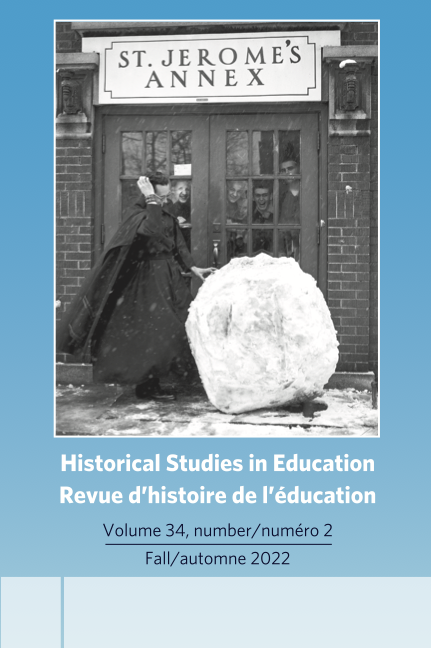To “Evaluate the Mental Powers of the Indian Children": Race and Intelligence Testing in Canada's Indian Residential School System
- intelligence testing,
- IQ testing,
- residential schools,
- settler colonialism
Abstract
Scholars have examined how theories of race-based intelligence as they relate to IQ testing have impacted Canadian society in the realms of educational policy, immigration, and public health, yet little research has focused on the role of IQ and other intelligence testing in the Indian residential school system. When administrators observed students’ poor grade progression, they sought not to reform a system that forced the children to work for at least half the day, but rather to blame students’ home environments and supposedly hereditary racial traits. This paper examines the social scientific context of intelligence testing in residential schools in the early to mid-1900s and argues that testing results—a biased and inaccurate measure of mental ability—played a role in justifying the schools’ emphasis on a limited academic curriculum. It argues that the data gathered on Indigenous mental deficiency came to form part of the “official information” guiding the Department of Indian Affairs’ administration of the residential school system. Ultimately, discourses of race-based mental inferiority impacted the type and quality of education provided to Indigenous children with reverberations down to the present day.
